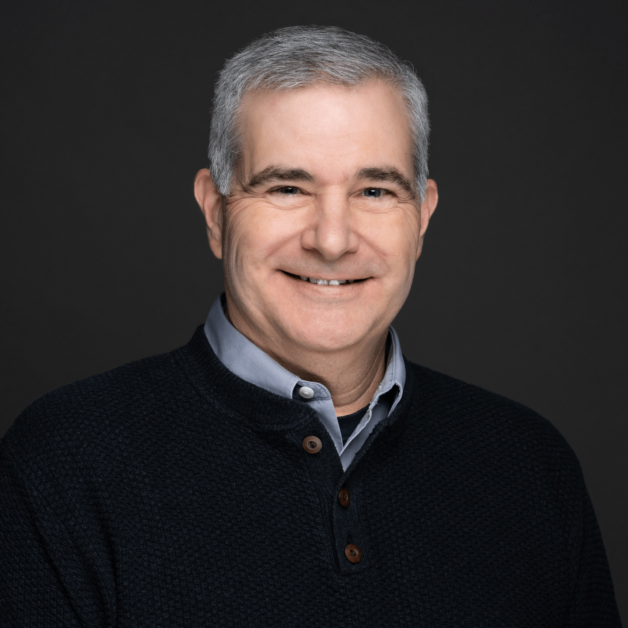There’s something about being at the doctor’s office that stirs a patient’s urge to lie about their health. Or at the very least, withhold the truth from your doctor.
According to a 2022 Berxi Survey of over 1,000 patients, 77% of them admitted to lying about their health either directly or by omission when interacting with a healthcare professional.
Other key findings Include:
- Gen Z men were most likely to lie about their health to a provider.
- Fear of judgment is the no. 1 reason patients report being dishonest.
- Of the 23% of patients who were completely honest with healthcare providers, 64% didn’t always feel heard.
- 6 in 10 patients were most likely to be honest with healthcare providers they had seen before.
When it comes to healthcare and receiving the best medical care, patients are overwhelmingly opting for a restricted version of the truth, even if it compromises their health. But why are they doing it? And what are they lying about?
Their reasons vary on why patients lie about their health.
But many worry about being judged for their health and lifestyle choices. Others admit to exaggerating their symptoms to receive a particular medication or treatment. It’s a tricky situation that pushes some patients to be less than honest with practitioners about their conditions, activities, and histories.
And certain generations tend to fib more than others.
Gen Zers led the way, with 93% admitting to lying to healthcare professionals, especially about their sexual histories.
Next in line for being dishonest were:
- Millennials (76%) – were most likely to lie about their exercise habits.
- Gen X (75%) – tend to be dishonest about their alcohol consumption
- Baby Boomers (69%) – told the most lies about their eating habits.
Overall, patients were most likely to lie about their health with practitioners in telehealth settings (48%). Since the onset of the COVID-19 pandemic, telehealth providers have grown in popularity. One possible downside to this growth may be that patients are more comfortable about the fib, the omission, or the exaggeration when they are behind a computer screen.
There is more to be found in the study, but here is a good opportunity for you to find out more about telehealth with our recent visit to The Ohio State University Wexner Medical Center’s Lewis Center Outpatient Center. Stacy Kelley is a Nurse Practitioner “extraordinaire” at the Lewis Outpatient Center and has become an expert in Telehealth.
Sources:
Top Reasons Patients Lie About Their Health: 2022 Berxi Survey Results
From Gen Z to Boomers: Which Generation Is Most Honest with Doctors?


